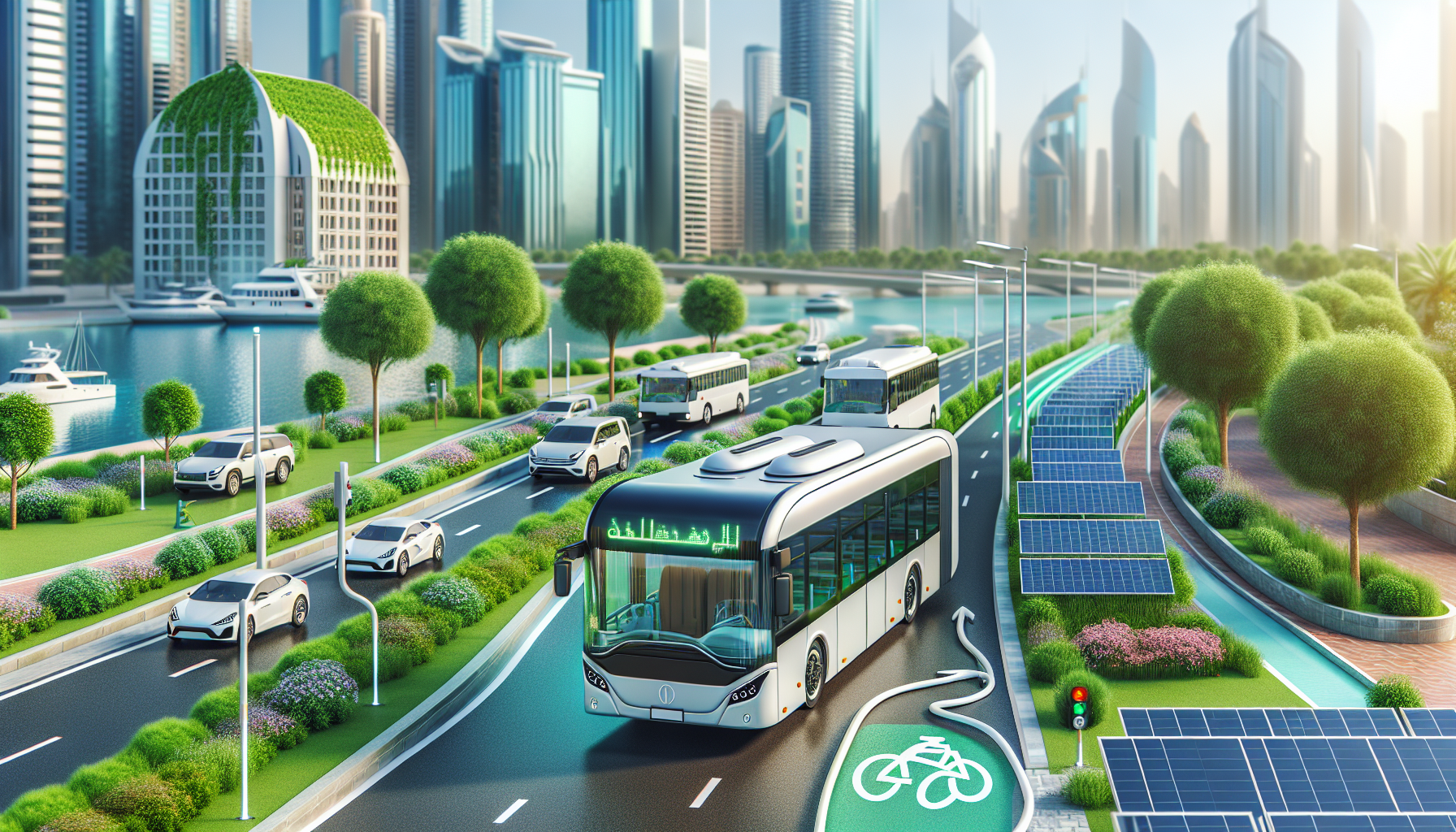The United Arab Emirates (UAE) is rapidly evolving as a global leader in sustainable transport initiatives, striving to minimize its carbon footprint while addressing the growing demands of urban mobility. Through innovative policies and infrastructural advancements, the country is paving the way for a future where transportation is both eco-friendly and efficient. Here are some of the key initiatives that showcase the UAE's commitment to sustainability in transport.
One significant venture is the expansion of the Dubai Metro system. As one of the largest driverless metro networks globally, it significantly reduces reliance on private vehicles, cutting down emissions associated with road transport. By encouraging public transit use, Dubai not only aims to ease traffic congestion but also significantly decrease air pollution levels. The extension of metro lines is part of a broader strategy to have public transportation account for 30% of total transport in Dubai by 2030.
In addition to enhancing metro services, the UAE has invested heavily in electric vehicle (EV) infrastructure. The government's incentives for electric cars, alongside the installation of numerous EV charging stations across major urban areas, underline their commitment to transition to cleaner energy. These efforts are supported by the Green Charger initiative, which aims to make EV charging more accessible and affordable. Additionally, various public and private sectors are increasingly adopting electric buses and taxis as part of their fleet operations, further promoting eco-friendly transportation.
Abu Dhabi's Integrated Transport Centre has launched initiatives aligning with their Surface Transport Master Plan, emphasizing on sustainable transport solutions. Policies are being rolled out for the development of pedestrian-friendly neighborhoods and extensive cycling networks. The introduction of bike-sharing schemes, such as those in Al Maryah Island, make cycling a convenient option for short trips, reducing the carbon footprint of road transport.
Further pushing the boundaries of innovation, the UAE is exploring the use of autonomous technology, including self-driving vehicles. Collaborations with tech firms to develop and test autonomous transport solutions not only aim to enhance road safety and efficiency but also reflect a future vision where vehicles emit minimal pollutants.
The UAE’s embrace of smart city concepts is integral to its sustainable transport vision. Through the use of IoT and data analytics, solutions are being deployed to optimize traffic flow and enhance public transport reliability, thereby reducing unnecessary emissions and energy consumption.
Moreover, the country's seaports and aviation sectors are also getting a green makeover. Initiatives such as the use of biofuels in maritime operations and the implementation of carbon offset programs in airlines are key steps towards eco-friendly logistics.
The impressive and varied range of sustainable transport initiatives undertaken in the UAE signifies a transformational shift towards environmental responsibility. As urban infrastructures develop, maintaining this momentum is vital for a greener future. By paving the way with green technologies and practices, the UAE is setting a remarkable benchmark for other nations to follow, highlighting the importance of sustainable growth in transport as the world collectively addresses the impacts of climate change.
